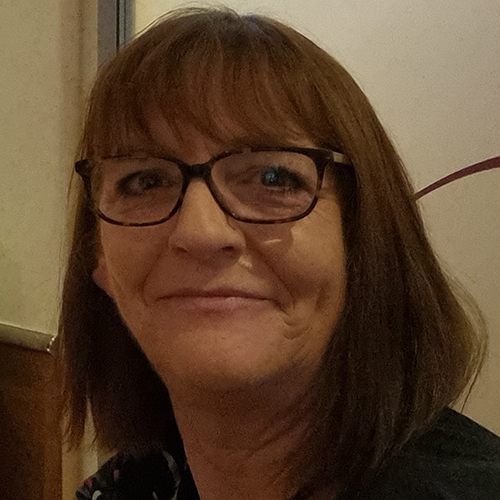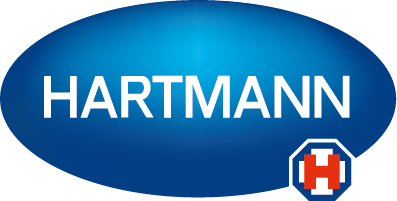Nicky Richardson

Nicky has been in this role for almost 6 years and herself and the team cover all aspects of Acute and Community wound care.
Prior to this she worked within another local Tissue Viability Team as a Specialist Nurse and also spent some time as a Community Nurse. She spent 5 years as a Stroke Nurse Practitioner, as her first qualifying position was on a Neuro ward so this seemed a natural progression.
She has a specialist interest in the Homeless and IV Drug users as a client sub-group and has worked hard to build a rapport with members of this vulnerable group. She is passionate about wound care, in particular microbial management.
Free Paper Presentation (QI category) at The Society of Tissue Viability 2022 Conference
Developing a wound care clinic within a homeless hostel and becoming a link for this client group when admitted to the Acute Hospital
Abstract
Background: The homeless community, by the very nature of their lifestyle, have very limited access to regular healthcare and this patient group often present to the Acute Hospital environment when in a crisis situation, such as with a deep vein thrombosis, severe cellulitis infection or systemic infection/sepsis. Hospital admissions can be very problematic as there can be many accompanying issues such as illicit drug use, other addictions, multiple co-morbidities and malnourishment. Combined with this are the health beliefs of both the patient and the admitting medical/nursing team. How someone perceives how they are going to be treated can have a major impact on their willingness to present for early treatment. Patients in this group can sometimes be judged as being ‘less worthy’ of treatment and that the problem has been self-inflicted.
Method: A drop-in wound care clinic was developed in a local Homeless Hostel once weekly. This is run by the Lead TVNS who covers both Acute and Community settings providing consistency and continuity of care.
Results: Residents/non-residents are encouraged by Hostel staff to attend the Clinic if they have any wound issues, no matter how small, and this has resulted in Acute Hospital admission avoidance by treating potential infection issues in a timely manner. Where an admission is necessary, the Lead TVNS arranges to meet the patient on the admitting ward to support them and work as a facilitator/mediator/advocate for any issues that might arise. This can involve frank discussions with both the patient and the Medical/Nursing team around Methadone and withdrawal issues and this is assisted by linking with the Community Drug & Alcohol team. Providing this link means that patients feel they are supported and stay longer ensuring treatment conclusion.
Conclusion: Developing a wound care clinic within a local homeless hostel has meant that a therapeutic relationship that has been built within the patient’s own environment can be continued within the Acute Hospital setting. This has resulted in timely treatment of wounds, possible reduction of emergency attendance at the Acute Hospital and support for patients to ensure treatment completion whilst in hospital with follow-up on discharge.














